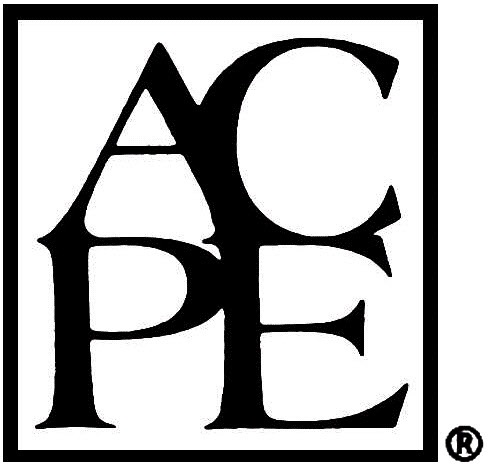PC2 - Quality assurance of pharmacy preparations – a key for treatment success
Link to EAHP StatementsSection 1 - Introductory Statements and Governance: Statement - 1.2
Section 3 - Production and Compounding: Statements - 3.2, 3.3, 3.4, 3.5, 3.6
Section 5 - Patient Safety and Quality Assurance: Statements - 5.1, 5.3, 5.9, 5.11
ACPE UAN: 0475-0000-23-004-L04-P - A knowledge-based activity Abstract The market for pharmaceutical products has been successively regulated as a result of several incidents that have caused hundreds of deaths and malformations. All the guidelines successively created about raw materials, drugs, medical devices, constitute one of the most complex and robust regulatory networks aimed at obtaining, safe and effective pharmaceutical products.
Good Manufacturing Practice (GMP) describes the minimum standard that a medicines manufacturer must meet in their production processes, and can be adapted to the hospital reality through the Guide to Good Practices for the Preparation of Medicinal Products in Healthcare Establishments - from Pharmaceutical Inspection Convention Pharmaceutical Inspection Co-Operation Scheme (PIC/S). Many parameters need to be mastered and monitored to ensure the quality of the products. In fact, the direct environment of the preparations should be controlled (quality of air, chemical and microbiological contaminations) and the skills of the technicians should be assessed. The European Medicines Agency (EMA) coordinates inspections to verify compliance with these standards and plays a key role in harmonising GMP activities at European Union (EU) level.
The available drugs for use in European hospitals have evolved in number and complexity and it is anticipated in the near future that new delivery systems (e.g. inactivated virus, microchips, lipid-based nanoparticles, etc.) may be used in our patient’s treatments. On the other hand, numerous medicines considered fundamental or very important for the treatment of multiple diseases are subject to increasingly frequent shortage or out-of-stock situations.
The hospital pharmacist is responsible for the quality of drug products and medical devices used in the wards, so quality assurance systems must keep up with these new realities, ensuring the ultimate goal to patients' drug treatments: to exist, to be effective and safe.
Learning objectives After the session, the participant should be able to:
- Understand quality assurance evolution
- Recognise inspective pathways under hospital pharmacy scope
- Implement quality control systems adapted to daily operating practice in hospital pharmacies
Educational need addressedNew challenges are being posed to hospital pharmacists regarding the use of new classes of drugs or the need to replace the pharmaceutical industry in the preparation or adaptation of drugs. The need to ensure compliance with quality assurance criteria should be assumed as the key factor for the success of available treatments.
Keywords: Quality Assurance (QA); Good Manufacturing Practices (GMP); Pharmaceutical Inspection Co-Operation Scheme (PIC/S)

